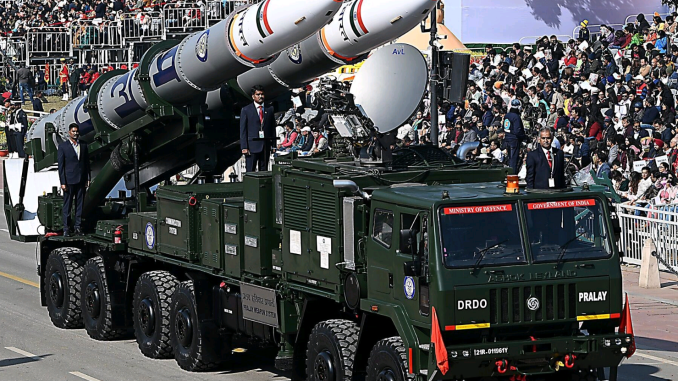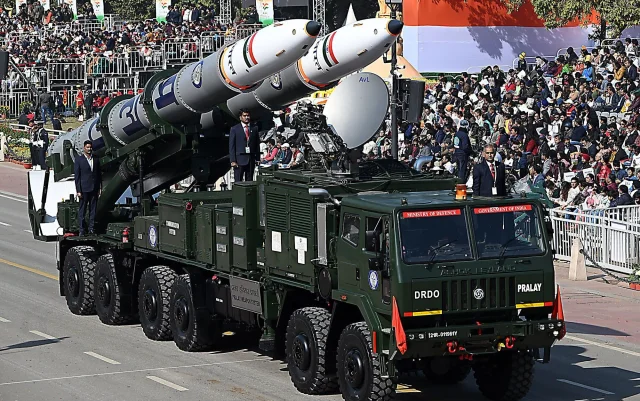

Airlines are taking steps to ensure that they can keep flying even after the outbreak of a nuclear war.
Jets could continue to fly following an atomic blast under special insurance policies being drawn up to address the possibility of conflicts escalating in Ukraine and Kashmir.
{snip}
However, with the deployment of nuclear weapons now regarded as more likely to involve so-called tactical warheads used in a limited role on the battlefield, the insurance industry has developed plans to allow flights to continue in regions removed from conflict zones.
 Gallagher, the world’s largest aviation insurance broker, began working on the scheme when Vladimir Putin threatened to deploy Russia’s atomic weapons against Ukraine in 2022.
Gallagher, the world’s largest aviation insurance broker, began working on the scheme when Vladimir Putin threatened to deploy Russia’s atomic weapons against Ukraine in 2022.
{snip}
Nigel Weyman, senior partner at Gallagher, said the Ukraine conflict had revived interest in nuclear-related insurance policies.
He said: “Back when the wording was drawn up, it was assumed that any hostile detonation meant that it would all be over, Armageddon. But what they didn’t have in those days was tactical nuclear weapons that vary in size and impact and which are, ultimately, very usable.”
{snip}
That compares with 15kt for the bomb dropped on Hiroshima in 1945, and 100kt for a single Trident II missile warhead.
 While Britain retired its last tactical nuclear weapons in 1998, Russia is believed to have almost 2,000. North Korea unveiled what it claimed was a tactical weapon in 2023, while Pakistan’s Nasr missile can also carry a battlefield nuclear warhead.
While Britain retired its last tactical nuclear weapons in 1998, Russia is believed to have almost 2,000. North Korea unveiled what it claimed was a tactical weapon in 2023, while Pakistan’s Nasr missile can also carry a battlefield nuclear warhead.
{snip}
“Airlines find workarounds for whatever challenges they face, safe corridors, minimum heights so that ground-to-air missiles can’t reach them.
“Volcanic ash clouds affect big areas, but the world keeps flying. Yet a few words on an insurance policy can ground every jet there is.”
The broker has come up with a plan that would see a select number of insurers evaluate where airlines should be permitted to fly after a nuclear detonation, aided by analysis from security experts at risk-management specialists Osprey Flight Solutions.
{snip}
 The plan would provide each carrier with $1bn (£750m) per plane of war cover for passengers and third parties, compared with $2bn or more under existing policies.
The plan would provide each carrier with $1bn (£750m) per plane of war cover for passengers and third parties, compared with $2bn or more under existing policies.
Mr Weyman said the cost of the scheme will amount to less than the price of a cup of coffee per passenger, if ever triggered, something “easily passed on in ticket prices”.
{snip}
Around 100 airlines have so far signed up to the plan, out of the 500 or so worldwide. About 60 in Europe have joined, though low-cost operators are proving reluctant, Mr Weyman said.
{snip}
That could be invoked in the event of any British or French troops sent to Ukraine being fired on, according to some industry experts.
* Original Article:
https://www.telegraph.co.uk/business/2025/05/12/airlines-prepare-nuclear-war-india-pakistan/